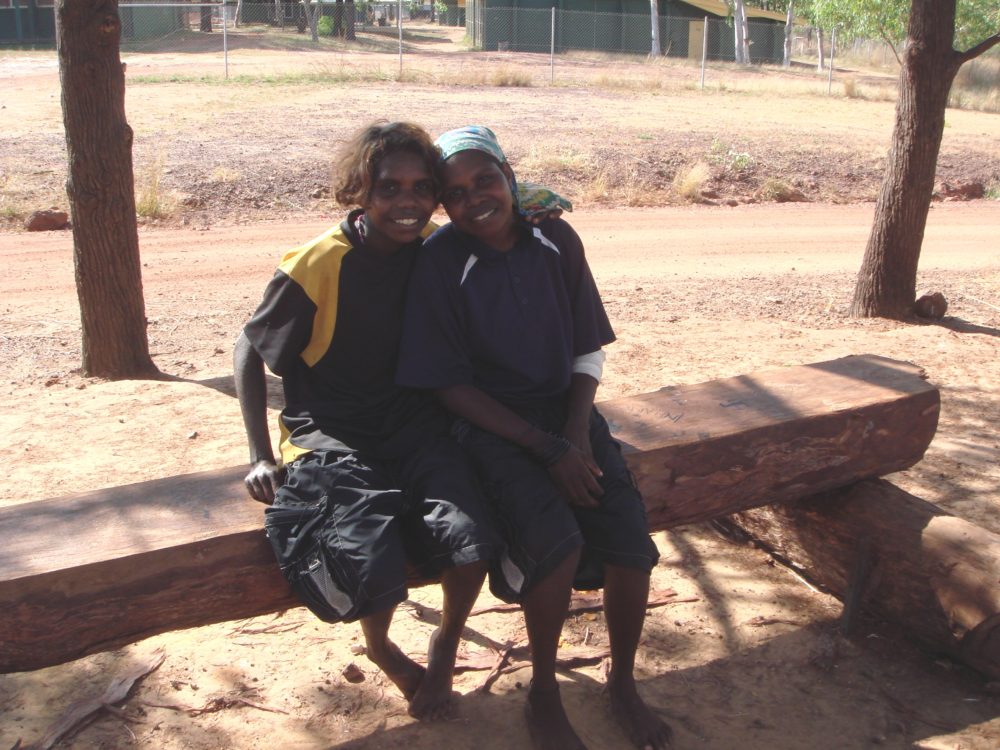By Neena Bhandari
Adelaide, 28.08.2009 (IANS): The premier of an Australian state has taken the unusual step of writing a personal letter to each of the 4,787 Indian overseas students enrolled in his state, assuring them of their safety and welfare.
South Australia’s Premier, Mike Rann, has written to Indian students highlighting not only his government’s support but the extra support networks available to ensure that their experience of living and studying is “overwhelmingly positive”.
The spate of attacks on Indian overseas students, largely in Melbourne and Sydney, and the media furore that ensued have been threatening Australia’s second largest education export market. Continue reading

